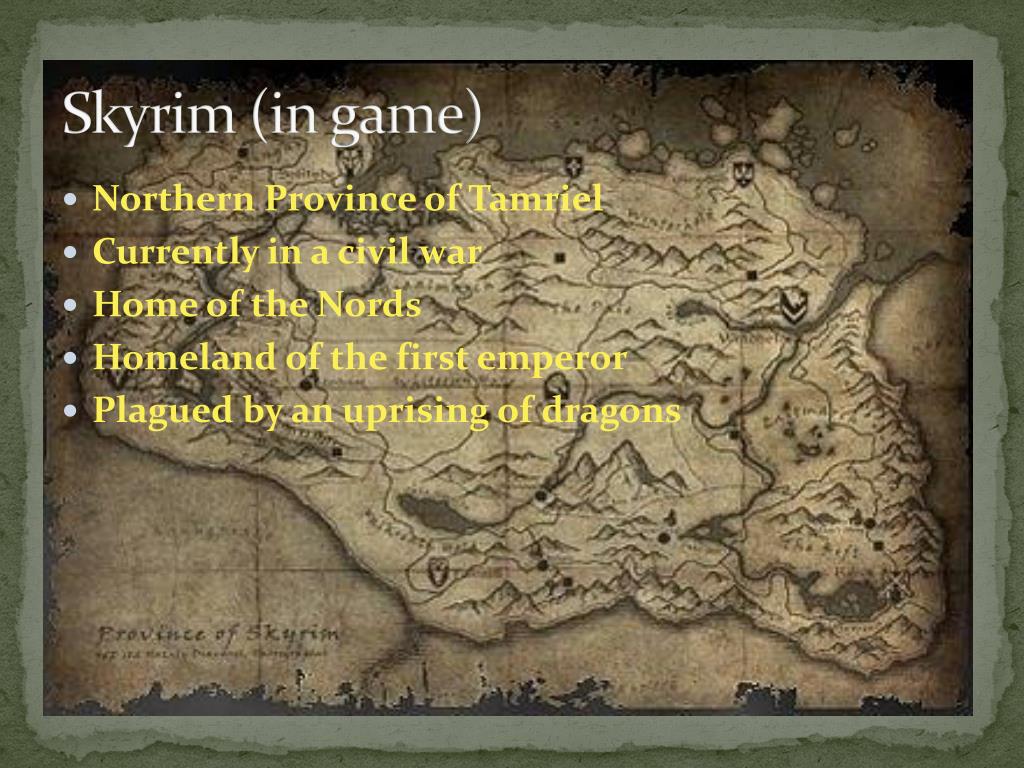


These abilities are best paired with certain character builds – the High Elf regeneration is useful for a magic user – but don't represent a rigid class choice.

High Elves can once a day regenerate magicka quickly, Orcs can enter a berserk rage for more effective close-range combat. You don't assign major and minor skills at all, but instead pick one of ten races, each with a specific bonus. There's no time wasted on the character creation screen agonizing over which skills to assign as major. The Elder Scrolls V pares down the amount of skills and cuts out attributes like Endurance and Intelligence altogether. In Skyrim, there's no more moon-hopping between hilltops with a maxed out Acrobatics skill. Part of what makes it so enjoyable has to do with how legacy Elder Scrolls clutter has been condensed and in some cases eliminated. It's even a sensible thing to do a seemingly natural component of every day existence in Skyrim, one of the most fully-realized, easily enjoyable, and utterly engrossing role-playing games ever made. I'd meticulously organized my owned virtual property not because I had to, but because tending to the minutia of domestic life is a comforting break from dealing with screaming frost trolls, dragons, a civil war, and job assignments that never seem to go as planned. The chest upstairs was reserved for excess weapons and armor, the bedside table for smithing ingots and ores, the one next to the Alchemy table for ingredients. They were on display for nobody but me and my computer-controlled housecarl, Lydia, who sat at a table patiently waiting for me to ask her to go questing. I set a sacrificial dagger in one slot, an Orcish mace in the other. I was stacking books on a shelf in my house in Whiterun, one of Skyrim's major cities, when I noticed a weapon rack right beside it.


 0 kommentar(er)
0 kommentar(er)
